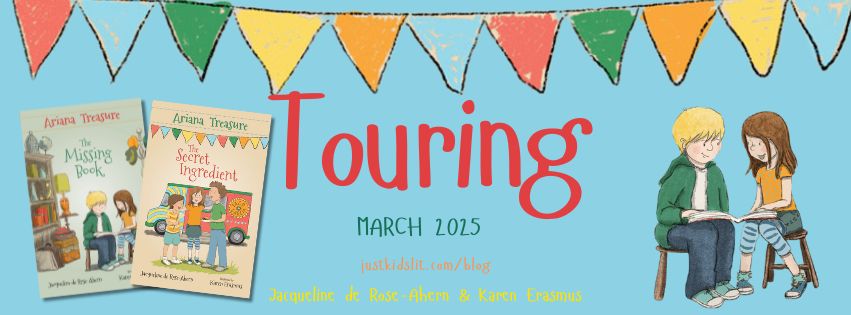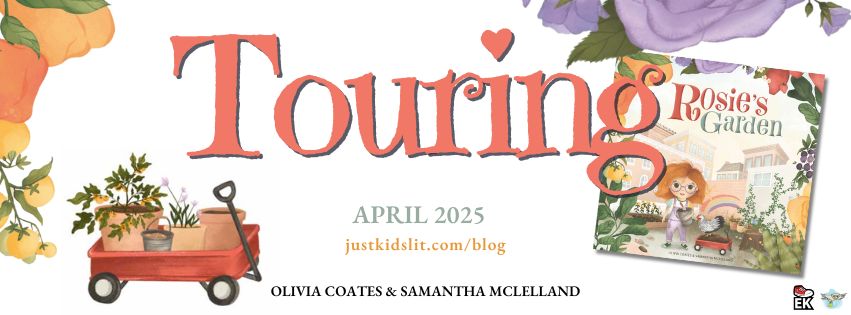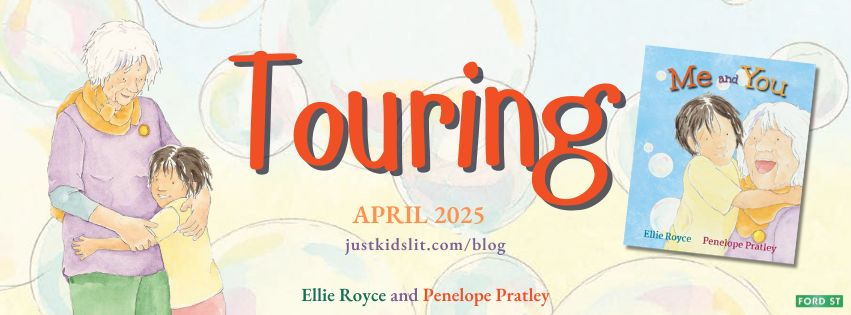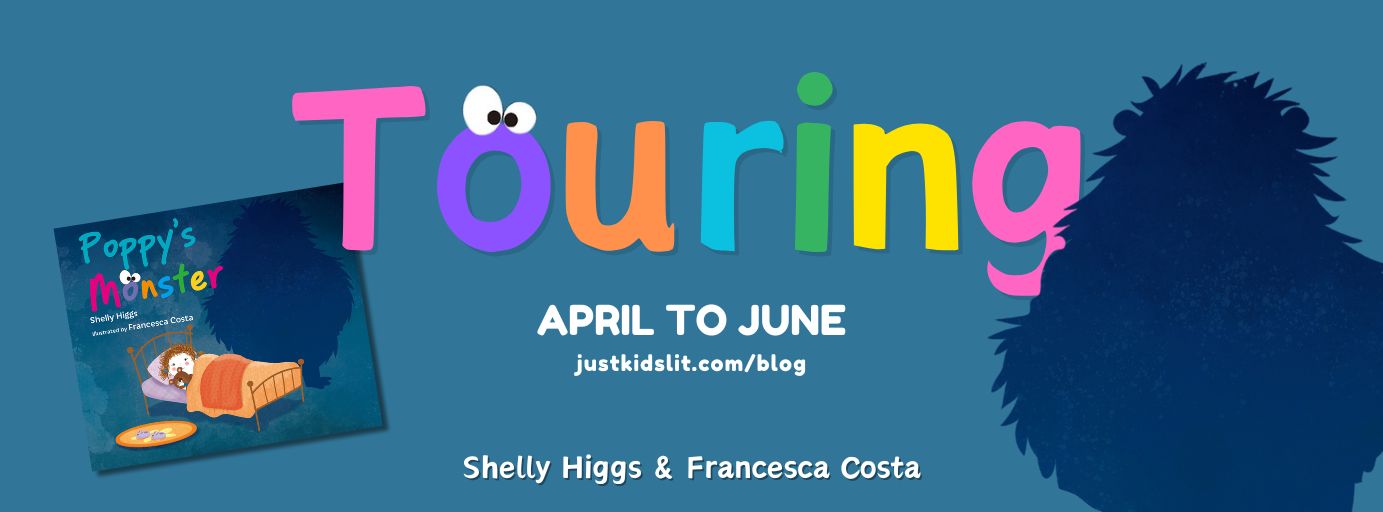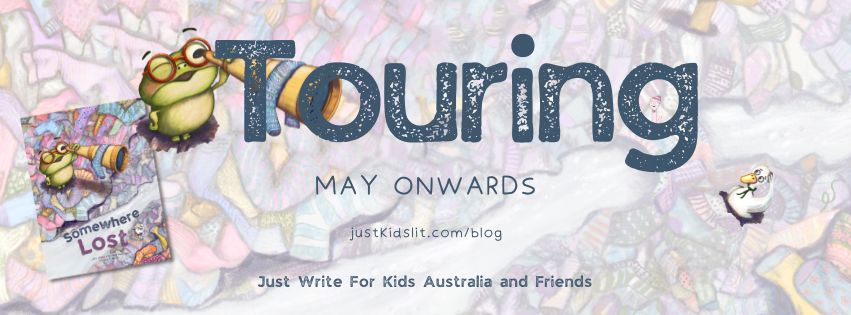After the Lights Go Out, by Lili Wilkinson, A & U Children, July 2018
From the publisher:
What happens when the lights go off after what might truly be an end-of-the-world event? How do you stay alive? Who do you trust? How much do you have to sacrifice?
‘After the Lights Go Out is a terrifying yet hope-filled story of disaster, deceit, love, sacrifice and survival.’ – Fleur Ferris
Seventeen-year-old Pru Palmer lives with her twin sisters, Grace and Blythe, and their father, Rick, on the outskirts of an isolated mining community. The Palmers are doomsday preppers. They have a bunker filled with non-perishable food and a year’s worth of water.
One day while Rick is at the mine, the power goes out. At the Palmers’ house, and in the town. All communication is cut. No one knows why.
It doesn’t take long for everything to unravel. In town, supplies run out and people get desperate. The sisters decide to keep their bunker a secret. The world is different; the rules are different. Survival is everything, and family comes first.
‘A gripping portrait of catastrophe at the edge of the world, love in extremis, and the lengths that survival can drive us to.’ – Justine Larbalestier
In 1999, I was in grade twelve. It felt like a momentous year for many reasons. Of course, it was my last year of high school (or “college”, as we call grades eleven and twelve in Tasmania). It was my last year of being a “child”. It was my last year living in my small home town, before moving away to university – away from my family and many of my friends.
It was also momentous on a scale way bigger than just me and my small milestones.
It was the last year of the millennium.
This meant many things, to many people. For most of us, it just meant that makeup and clothing trends took on a glittery, metallic, “futuristic” theme and every second music video features a robot or an alien.
For some people, though, it meant a potential Global Cataclysm.
The people who believe in the coming doom seemed to be split into two camps:
- The people who believed that we would soon be in the middle of a biblical (or Mayan) end times.
- The people who believed that the computers that ruled our world would have a collective freakout over the calendar changing digits from 19 to 20 and literally everything powered by technology would shut down.
The first group of people prepared for their Armageddon by praying and confessing and awaiting the angels.
The second group prepared for Y2K by stockpiling baked beans and candles and filling their bathtubs with water.
To any Gen Z readers (or even Gen Alpha?), this might sound like bizarre behaviour, but some of the most sensible and grounded adults I knew were doing just this. Their kids have never let them live it down.
I saw the new millennium in on a beach in my small town, with my high school sweetheart. We weren’t old enough for any of the parties or clubbing, so we just sat there, waiting for the sky to (maybe) fall down on us.
It didn’t. Obviously.
And when we checked the grey, pixelated screens of our Nokia 3310s, everything seemed to still be working. The (very few) bright lights of our town remained on. The computers in our homes still spent five minutes connecting to the internet (but that was normal, back then). Life moved on and, I guess, all those adults ate baked beans on toast an awful lot for the next few months.
I often think about that time. Not in a “what if” sort of way. Just in a quiet awe and continued befuddlement that all those sensible grown-ups let themselves be caught up in a mass panic.
I thought of it again while reading Lili Wilkinson’s chillingly masterful After the Lights go Out.
After the Lights go Out is the story of a different kind of doomsday prepping – one that happens without the provocation of any kind of media hype or mass hysteria. One that is carried out by a single adult, instead of many – an adult who, instead of filling bathtubs with water, builds an underground bunker and spends his days teaching his children how to survive the coming apocalypse.
At first, you think he’s mad, of course. You think he’s preparing his long-suffering kids for an event that will never arrive – and stealing their childhoods in the process.
But then the lights go out.
And the mine where the father works collapses. And his children are alone, cut off from the outside world. And they were the only ones who were properly prepared for the apocalypse.
After the Lights go Out is a book of twists and turns, from page one – when it feels like you have been thrust immediately into some sort of war or dystopia – to the end pages when everything that everyone believed seems to unravel, thread by thread. It is a book of hearts-in-mouths and falling off the edge of your seat. It’s a book of unrelenting, building tension, drama and mystery. But it is also a deftly-produced character study – and not just a study of the protagonist, Pru, but of her family and of all the citizens of her small town. It’s a family drama, a tale of friendship and love, a thriller and a dystopia, all in one. It’s visceral and terrifying and – ultimately – completely believable in the most unsettling of ways. I found myself having to put the book down on more than one occasion because my nerves were so shot.
The pacing is very well-managed – the action moves quickly, while allowing time for adequate exploration of character. The science behind the events seems completely plausible (though I am not a scientist, so don’t quote me on this!), and it is clear that Wilkinson has done thorough research into all aspects of the world she has created.
By the end, I was left convinced, invested and thoroughly shaken.
Lili Wilkinson is around my age. I wonder if she knew other “sensible adults” with pantries full of baked beans. I wonder if she spent the eve of the year 2000 with a thought in the back of her mind that said “What if …”
We’re not the first generation to live through a “what if” moment. Those who lived through the cold war understand it on a much deeper level than we do, as well as those who have lived through other global wars. This next generation will, no doubt, be faced with their own crises, that will shake them to the core. The world feels poised on a knife edge and I feel like Y2K will be a laughable anecdote to our children.
Around the world, now, there are – no doubt – bunkers being built; children being taught how to run and how to hide.
Maybe those adults teaching them are mad. Maybe they’re actually the sensible ones, now.
I have a horrible feeling that After the Lights go Out will only become more relevant, more true, and more terrifying, as the years go on.






